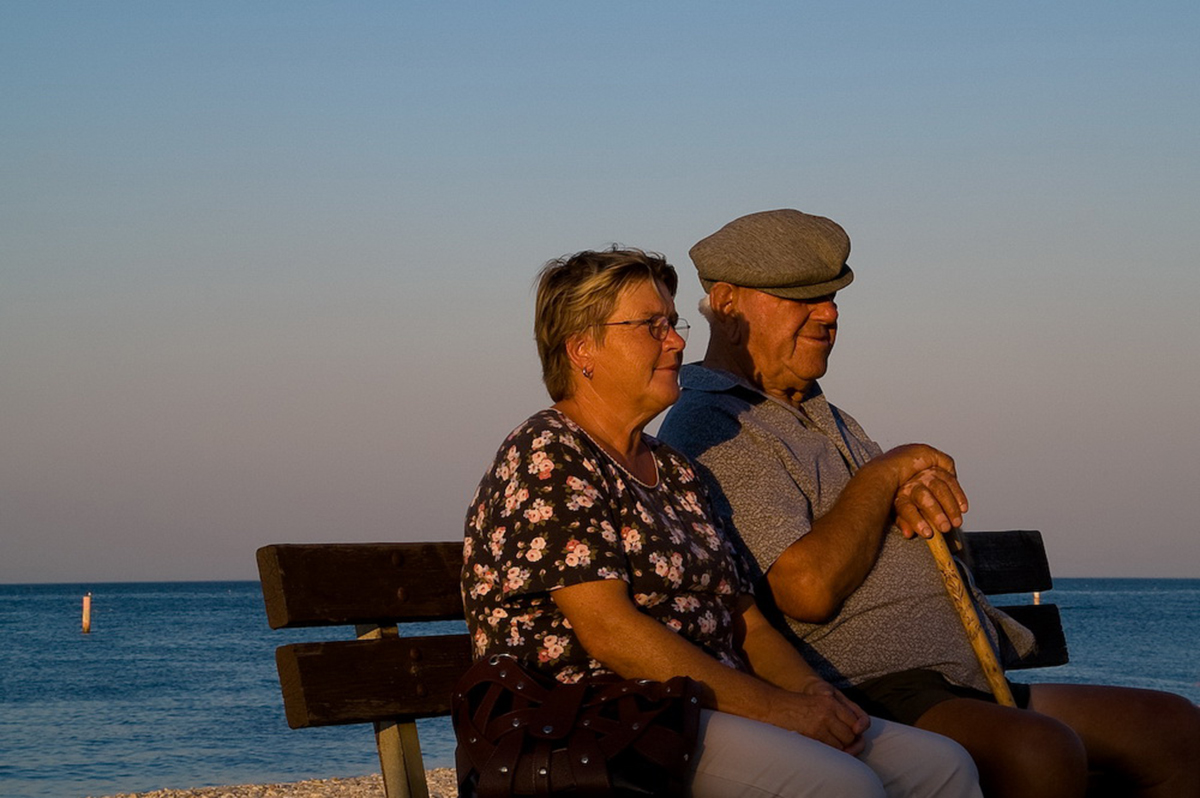Table of Contents
The difference in longevity between sexes was noticed long ago. Women live longer than men in most countries around the world, with a mean difference of 4.2 years in lifespan. This difference is projected to increase to 4.8 years by the year 2050.

And the longest lived person officially recorded (122 years old) was woman as well. Nowadays, the only country in the globe where men live longer than women is Bangladesh! Likewise, the mortality rate is lower in young women compared with young men. In women, the mortality rate is lower at every age, even in childhood.
Mortality from all causes is higher among males
The reasons for the difference between male and female life expectancies are not fully understood. Certainly, hormonal and genetic factors have a prominent and complex role. Environmental and socioeconomic influences also weigh in. It is quite curious to note that female longevity superiority is quite widespread in the animal kingdom as well, meaning it is not just a human idiosyncrasy.
It is well documented that the excess mortality among men is mainly due to cardiovascular disease. Could this be it? As one researcher showed in 2006, for virtually all the most frequent causes of death, including accidents, cancer, heart disease, pneumonia, stroke and chronic obstructive pulmonary disease, and at virtually every age, males die at a higher rate. There is no single cause of death among the most common ones that afflicts the male gender more particularly than the other causes.
See Also: Surprising Longevity: The Tiny Country with the World's Longest Living People
For instances, arthritis, one of the most widespread, debilitating diseases, is significantly more common in the female population. The reasons why these sex differences exist are simply not known at the moment.
One other hypothesis addresses the possibility that men’s physiological mechanisms for aging just act quicker than women’s, i.e., men simply deteriorate at a higher rate than women. While there is a general consensus among the scientific community that this is not true, there is some indication that men tend to be less “robust” than women. In other words, "women do not live longer than men because they age slowly, but because they are more robust at every age”.
Thrill-seekers vs. cautious souls: a gendered perspective
Men and women often exhibit divergent patterns of risk-taking behavior. Men tend to engage in riskier behaviors such as smoking, heavy drinking, reckless driving, and participating in dangerous sports. This disparity in risk tolerance is influenced by a combination of biological, psychological, and societal factors.
Biologically, differences in brain chemistry, particularly the effects of hormones like testosterone, can lead to greater impulsivity and sensation-seeking in men. Psychologically, socialization plays a crucial role; societal norms and expectations often encourage men to display bravado and assertiveness, which can manifest in risky actions.
Moreover, men are often overrepresented in high-risk professions and activities due to societal gender roles. These behaviors, while sometimes thrilling, come with health risks, accidents, and potential long-term consequences, contributing to the gender gap in life expectancy.
- REGAN, J. C. & PARTRIDGE, L. 2013. Gender and longevity: Why do men die earlier than women? Comparative and experimental evidence. Best Practice & Research Clinical Endocrinology & Metabolism, 1-13
- AUSTAD, S. N. 2006. Why Women Live Longer Than Men: Sex Differences in Longevity. Gender Medicine, 3, 79-92
- ESKES, T. & HAANEN, C. 2007. Why do women live longer than men? European Journal of Obstetrics & Gynecology and Reproductive Biology, 133, 126-133
- BLAGOSKLONNY, M. V. 2010. Why men age faster but reproduce longer than women: mTOR and evolutionary perspectives. Aging, 2, 265–273.
- Photo courtesy of kayugee by Flickr : www.flickr.com/photos/kayugee/2286678246
- Photo courtesy of Bromford by Flickr : www.flickr.com/photos/bromfordgroup/8691893391


Your thoughts on this